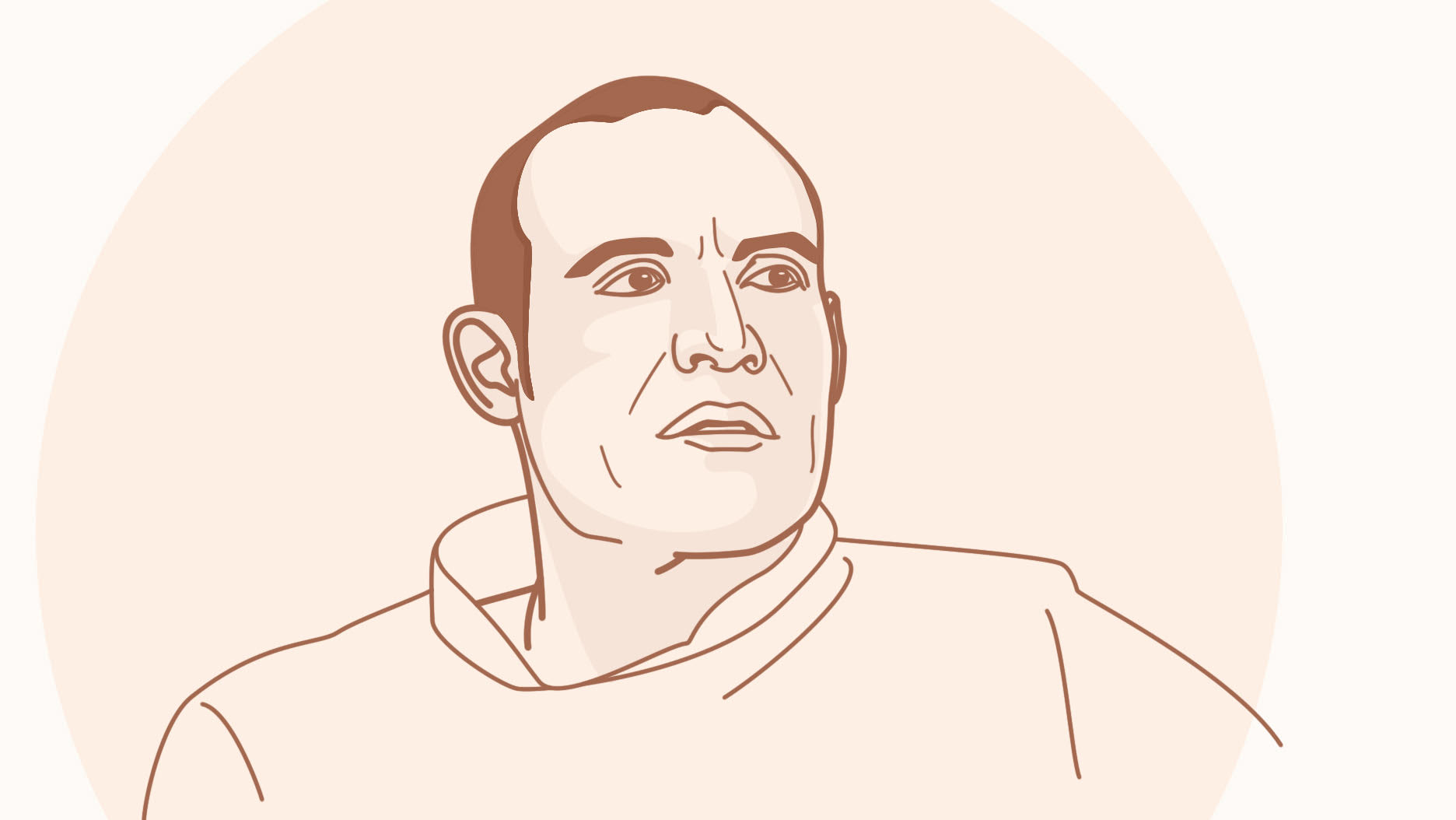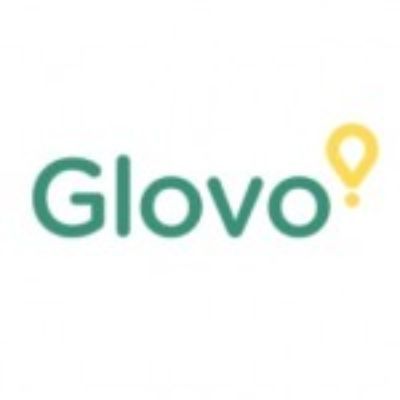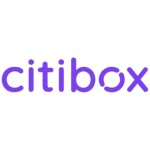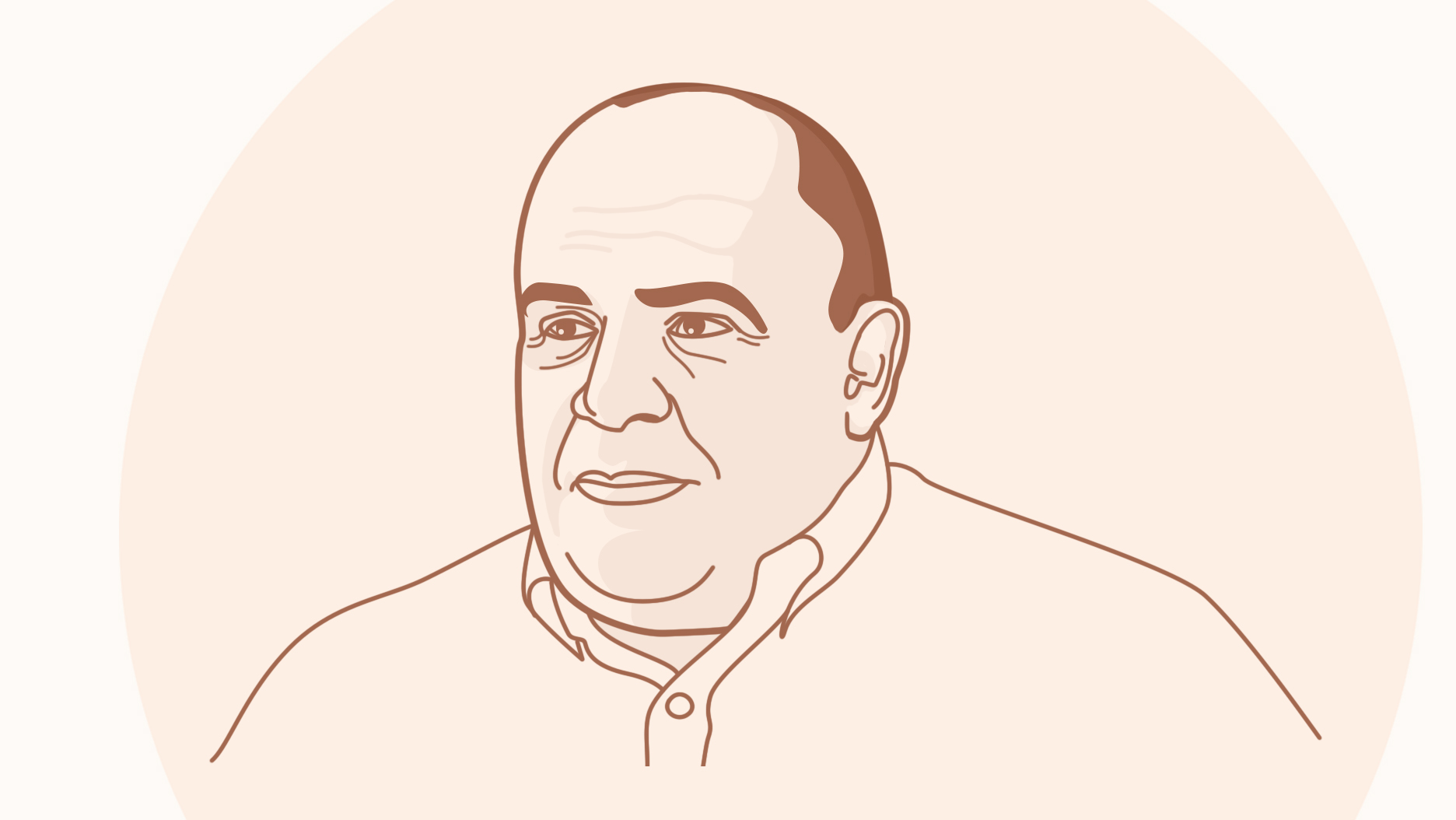He was one of the first angel investors to bet on Spanish online startups. Some of them, such as Idealista and Tuenti, went on to become the country’s biggest and best-known internet companies.
A former fund manager, he was also Google’s marketing and product chief, responsible for products like Google Maps and Chrome, in an eight-year career spanning between Madrid and Silicon Valley.
Today, Bernardo Hernández González continues to be a powerful figure in the Spanish startup scene. He is a tech investor, entrepreneur, executive chairman, public speaker and social media influencer all in one. His StepOne Ventures is supporting Spanish startups to break into the US market, while his recent investments have included Glovo, Fever, Citibox and Wallapop.
“He is the indisputable pope of new technologies in our country and in part the entire world,” the business magazine Emprendedores said of Hernández.
First investment with €6,000
Born in 1970, in Salamanca, Hernández graduated in Economics and Business Administration from the ICADE Business School of Pontificia Comillas University in 1993. The chartered financial analyst started his career as an analyst and portfolio manager in asset management firms like Fidelity, BBVA and Putnam Investments.
He made his first tech investment as early as January 2000 – famously plowing €6,000 into Idealista, the real estate internet portal co-founded by the Encinar brothers. Hernández also worked at Idealista until November 2005 and was named co-founder. Ten years later, Hernández sold his 8% shareholding in the startup when UK PE firm Apax Partners acquired 82.5% of the online realty for €226 million in July 2015.
Flush with cash from the exit, he went on to pour money into a dozen more startups, including Planetaki.com, Floresfrescas.com, Ermes and 11870.com (founded by Idealista).
He was also one of the earliest investors of the Spanish social network Tuenti and was its board chairman from July 2006 to August 2010. Tuenti gave him his next lucrative exit in 2010 when Telefónica paid €70 million for a 90% stake in Tuenti, a popular teenage social network with 13 million daily users. Hernández was astute enough to foresee that the growth potential of Tuenti was limited, in view of Facebook’s fast-expanding dominance globally.
Taking Spanish talent to America
In the same period, Hernández was enjoying a successful career at Google. His meteoric rise culminated in leading roles in consumer marketing and later product at the tech giant. In August 2013, he joined Flickr/Yahoo! as its general director based in New York.
Public recognition also followed, with Hernández becoming a celebrity of sorts in the internet business world. He was named Entrepreneur of the Year by the Banesto Foundation and listed as one of Spain’s 25 most influential tech personalities by El Mundo newspaper in 2009. The following year, he was awarded an honorary doctorate in computer science by Camilo José Cela University. Other accolades that followed included being named to the CNET’s Top 20 Latinos in Tech list, and even Man of the Year by GQ Spain.
Hernández established StepOne Ventures in San Francisco in 2008 to help Spanish businesses to gain a foothold in the US market, as well as his own venture capital seed fund, Solón Inversiones.
According to him, the economic crisis of 2008–2014 had forced many Spaniards, normally used to the security offered by the state and their family, out of their comfort zone. Many had even left the country to find employment overseas.
Compared with about a decade ago, today’s new generation of Spanish entrepreneurs have “a different mentality," he said. “They think about solving global problems and aren’t afraid of going out to London or New York to raise capital.
“They often base their IT development here [in Spain], as it’s cheaper, and take the commercial aspect of the business overseas, where they can attract foreign investors… All this is good news for Spain.”
But for the startup culture in Spain to actually flourish, many changes in the local business environment are still needed, such as tax incentives for new businesses and stock options to retain talent, he said.
No to incubators
Surprisingly, Hernández is skeptical about the importance of incubators and accelerators in the ecosystem. They aren’t ambitious enough, he said, and never seek to create companies “of 200 staff and €60 million in revenue.”
Instead Hernández has come up with “Jóvenes con Futuro,” or “Youths with a Future,” a six-month internship program that takes place in Silicon Valley and New York. Sponsored by the Rafael del Pino Foundation and administered by Hernández’s StepOne Ventures, the program fosters entrepreneurship in Spain and offers work-abroad opportunities for talented young programmers.
He is also a board member of FUNDESO, an NGO dedicated to integral and sustainable development in Latin America, Africa and Asia. FUNDESO also runs education and awareness programs in Spanish communities.
And his wish for the young talent he supports?
“That they can believe in themselves and have the ambition to create extraordinary projects, that they learn to acquire the necessary skills and overcome their fear of failure and their economic anxiety.”














